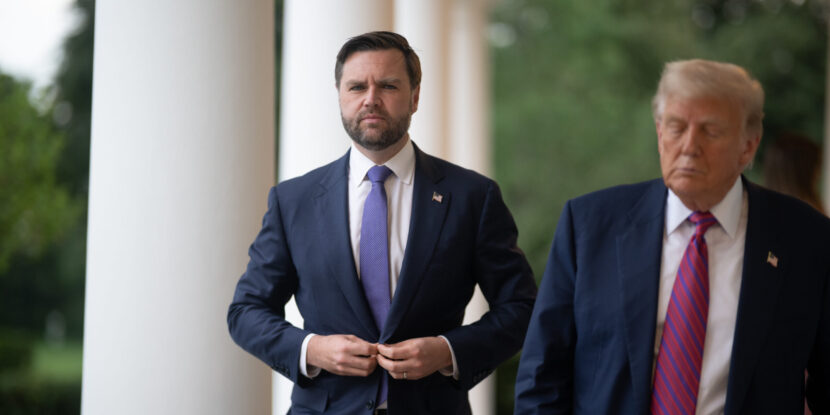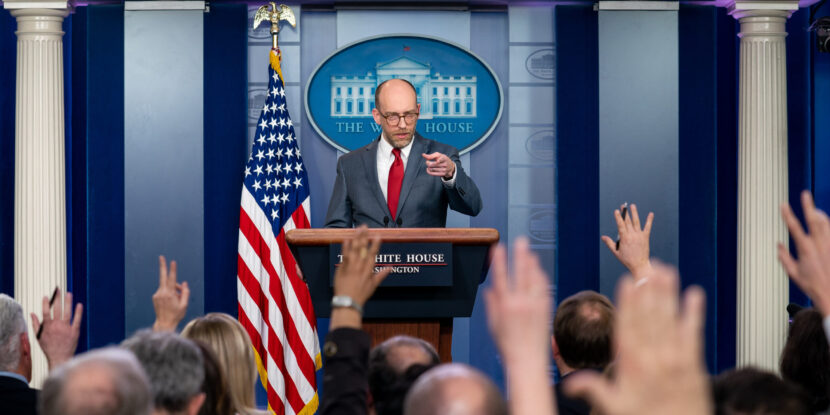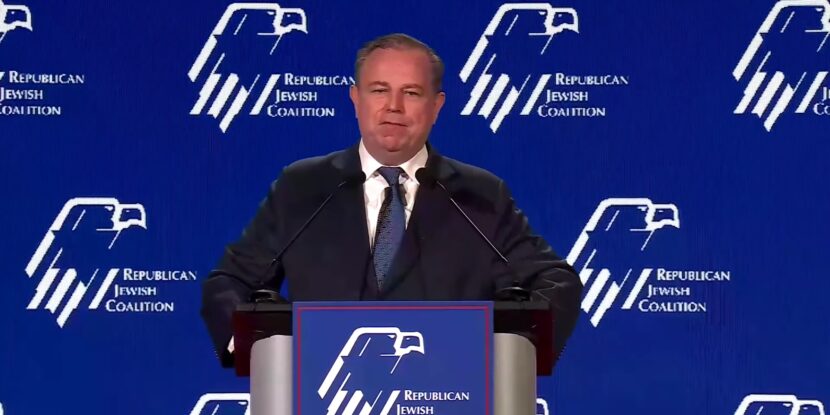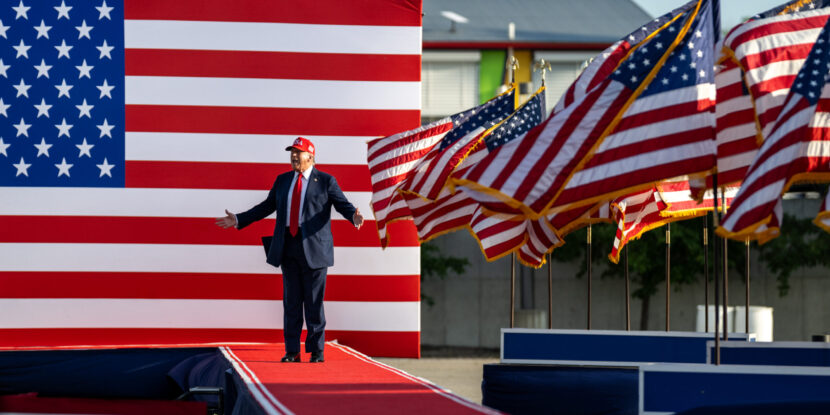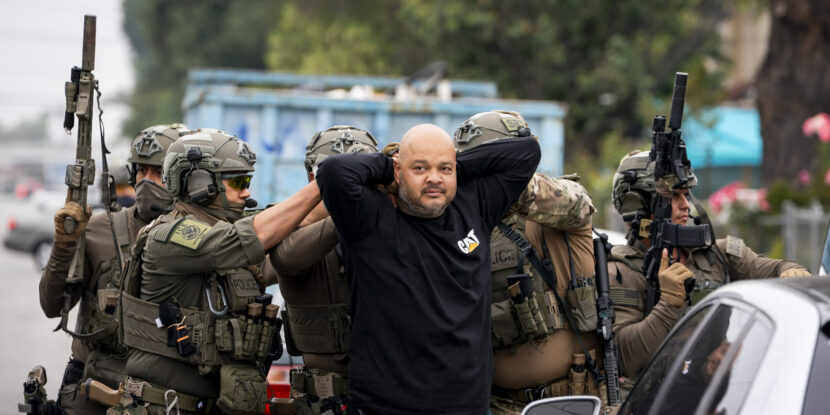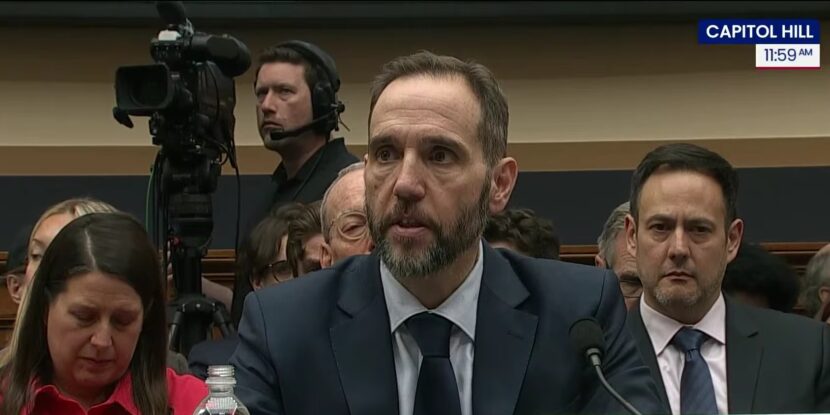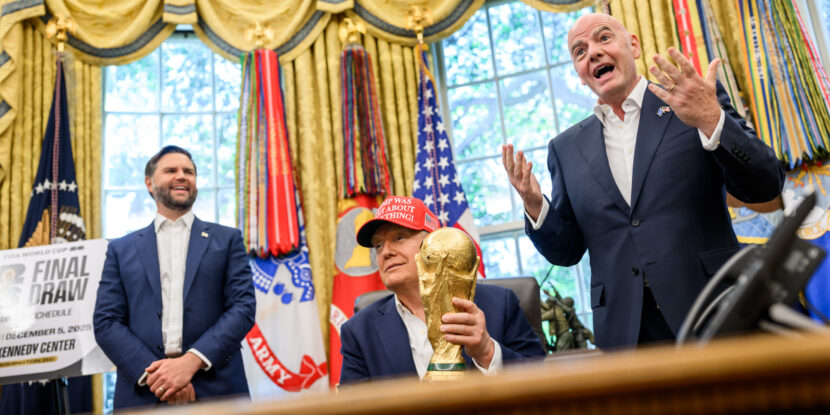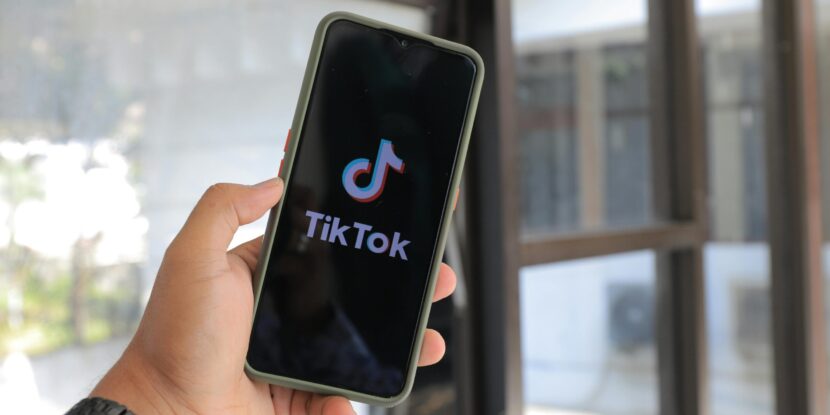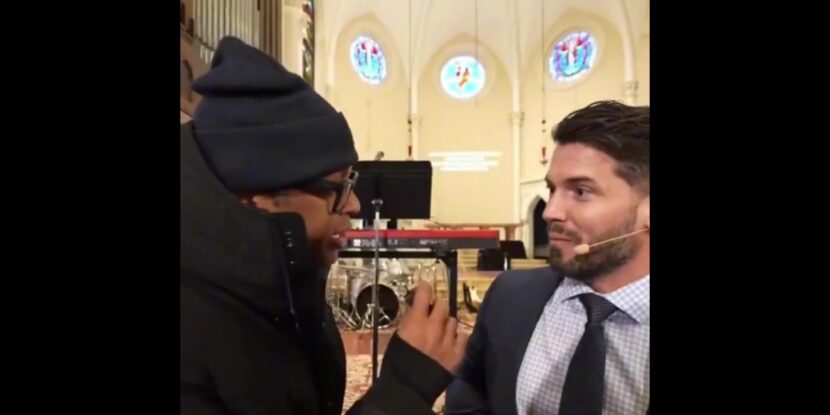Reparations for slavery will not be a topic of discussion at the upcoming Commonwealth Heads of Government Meeting (CHOGM) in Samoa, according to a statement from the British government. Prime Minister Sir Keir Starmer’s stance against reparations may place him at odds with others attending the summit—including his Foreign Secretary, David Lammy.
Starmer’s official spokesman confirmed that while he will join discussions on common challenges and economic growth, reparations are not on the summit’s agenda. The 56-strong Commonwealth of Nations consists overwhelmingly of former British colonies, excepting only Mozambique, Rwanda, Gabon, and Togo.
The topic of reparations is relevant as candidates for the post of CHOGM Secretary-General have expressed support for them. Candidates from Gambia, Ghana, and Lesotho have advocated for financial compensation or reparative justice in recognition of historical slavery and colonization.
Despite fewer than 0.5 percent of Britons owning slaves at the time slavery was abolished—and Britain’s leading role in ending the Atlantic, North African, and Arab slave trades—various woke institutions have begun taking steps to pay out reparations independently. For instance, the Church of England is planning a £1 billion fund to address its historical links to slavery despite collapsing congregations and a portfolio of many historic churches in need of repairs or restoration. The leftist Guardian also apologized last year for its founders’ involvement in transatlantic slavery, initiating a restorative justice program valued at over £10 million.
The British government paid out £15.4 billion (~$21.4 billion) in foreign aid in 2023, far more than it allocates to, for instance, the country’s courts or prisons.
Image by Simon Dawson / No 10 Downing Street.





